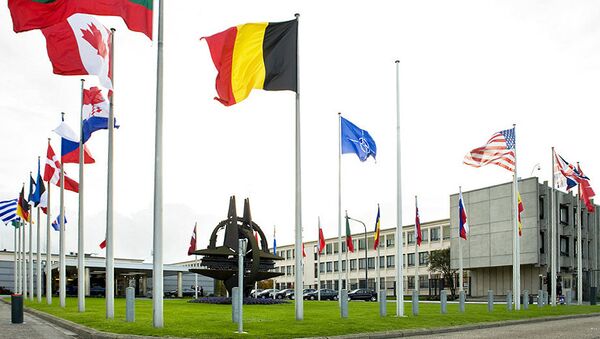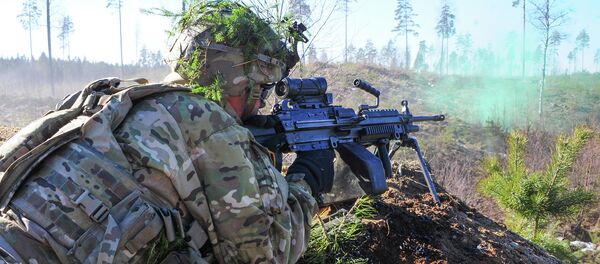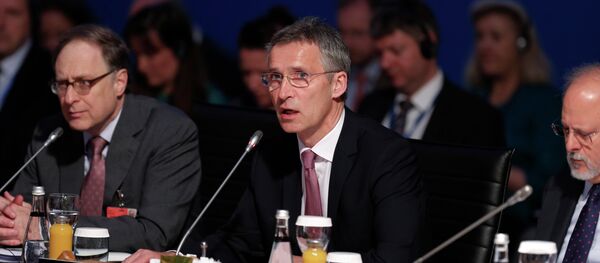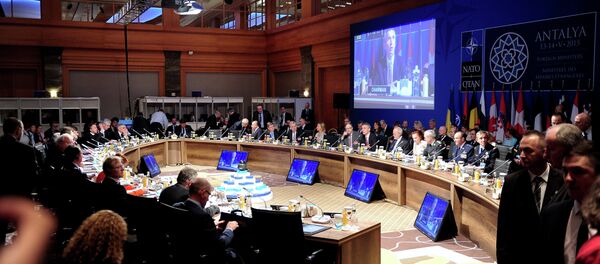“If there is a hotline, that is great… but by the same token that it wasn’t the absence of a hotline that got us into the problem we are now in, the addition of a hotline will not get us out of the problem,” Kennan Institute Director Matthew Rojansky said of the NATO-Russia relations.
A decision to open a technical communications channel between Russia and NATO was approved during a NATO member states’ foreign ministers meeting this week in Turkey.
Former US Deputy Assistant Secretary of Defense for Russia, Ukraine and Eurasia, Catherine Kelleher, told Sputnik that relations will not be repaired through the addition of new technical measures.
It is not really a technical question, I think, of communication,” Kelleher stated. Opening technical levels of communication is “less important” than opening a dialogue where there is less effective communication between the sides.
Kelleher is a member of the Deep Cuts Commission, a forum calling on nuclear weapons states to reduce their nuclear arsenals. She expressed her support for further engagement particularly between the United States and Russia on arms control and disarmament issues.
Formal communications between NATO and Russia have been frozen since Crimea’s reunification with Russia in March 2014. Since, NATO has increased military exercises and promoted increased defense spending and readiness among the allied states.
Moscow has warned against the destabilizing impact of NATO’s increased activities near Russia’s borders.




